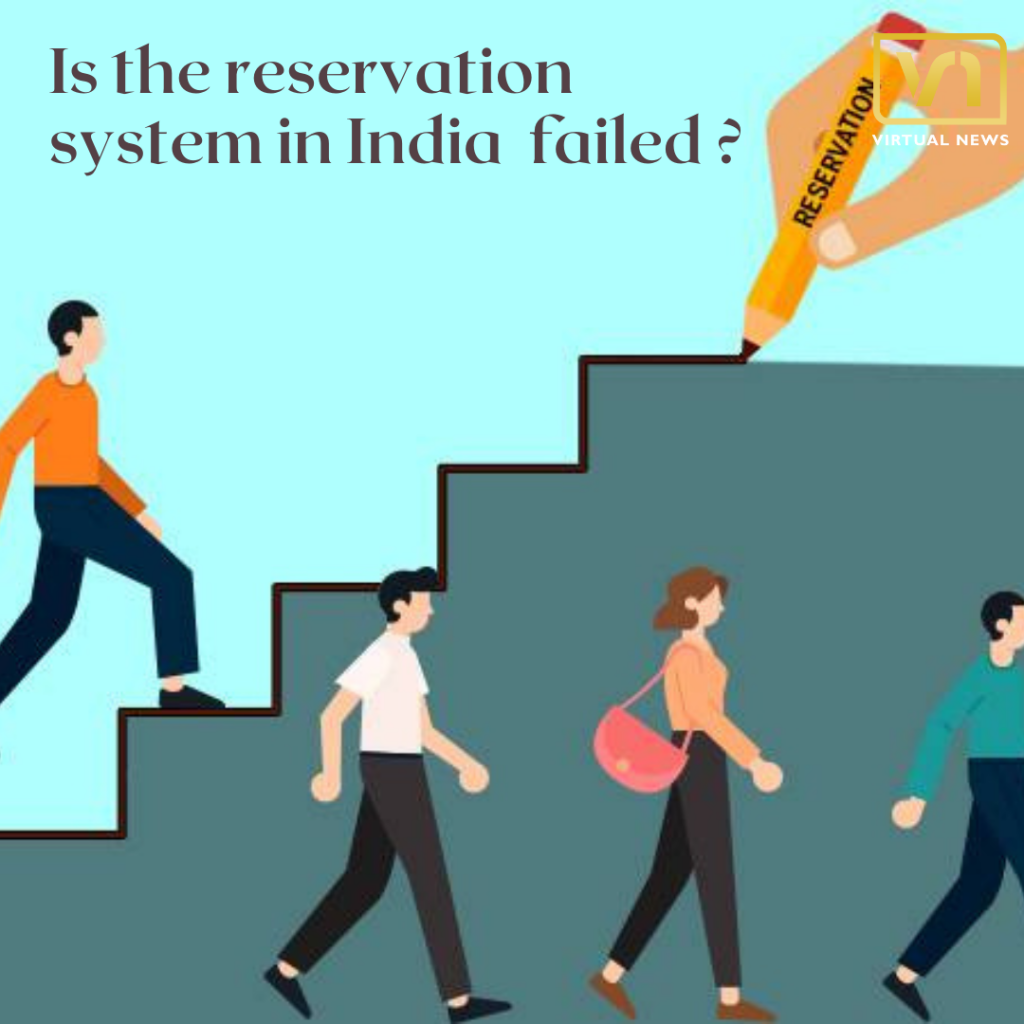The reservation system in India has been one of the most important political measures in India, solely implemented for establishing equality in Indian society. Reservations in government jobs and educational institutions are a very common landscape of Indian society and are entrenched in the lives of the citizens.
The main rationale behind the provision of reservation of seats is the upliftment of the backward class in government jobs and educational institutions. They have been the victims of oppression and discrimination in history. To make the status of these backward classes equal to the general class society, the reservation system was implemented. However, questions arise if this system has been effective in achieving its goal.
Implications of reservation in India
After years of the reservation system still in function, it is evident that the system has failed at its job. Reservation has provided some percentage of the backward classes with economic growth but it has failed to revive the entire community. Furthermore, reservations have fueled the antagonistic mindset among the general class and the backward classes.
There have been several instances in history wherein people have demanded reservations posing themselves as members of the backward classes and subjects of oppression. Furthermore, the political parties plaguing the reservation system break the goal of the process.
Are there any alternatives for social equality?
The reservation system has failed to achieve social equality in its seventy years of implementation. Addressing the main reason for the oppression of the backward classes is a better and more constructive way of approaching the issue. The citizens would consider the members of the backward classes as equals only when they acquire their positions based on merit and not due to reservations. Providing equal facilities to quality education to the backward class is essential for making them competent and prepared for entrance examinations. Strengthening the government’s educational infrastructure can act as a single yet effective tool for managing social equality.

